OPINIONS
OPINIONS
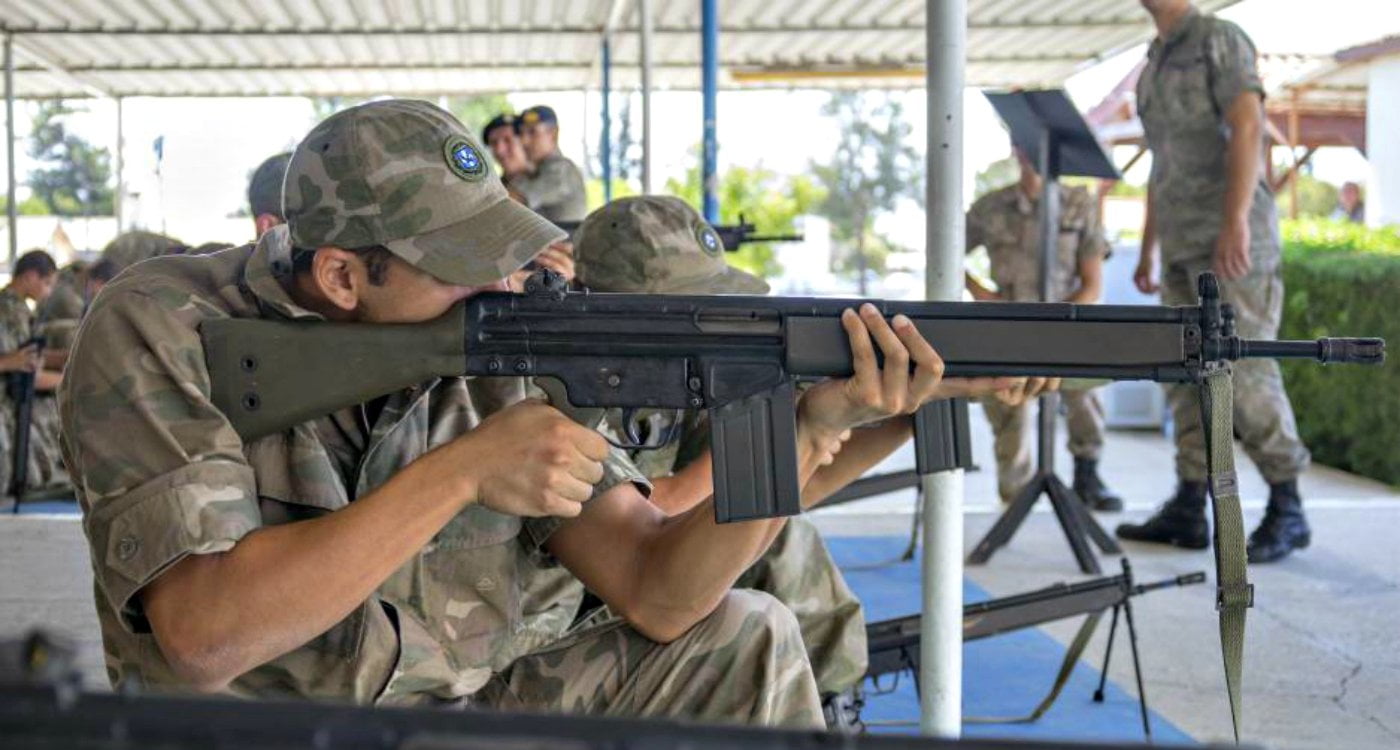
The case of the fatal injury of a young woman from the G3 military rifle of her brother, in Larnaca, reopened the debate on the issue of gun ownership in Cyprus. The criminologist and professor at the Department of Law of the University of Cyprus Andros Kapardis and the Criminologist Elias Stefanou, in statements to the CNA, submit their views on the matter.
Speaking to CNA, Andros Kapardis, a criminologist and professor at the Department of Law at the University of Cyprus, said that the concern over the issue was not justified, noting that “we are one of the safest countries in the EU, if not the world.”
He said that the cases of using the military weapons in the possession of the reservists for illegal actions are very rare, if one takes into account the large number of weapons that the reservists have for the purpose of defending our country.
With this in mind and comparing Cyprus with other countries, he said, Cyprus is one of the safest countries, expressing the view that “the use of knives by foreigners to resolve disputes between them, which leads to injuries or even homicides many times, is a much more common phenomenon. “
The problem with the issue of firearms in Cyprus is not as big as it is presented by the media, he said, reiterating that the concern is not justified, especially if one considers the necessity of the possession of weapons by the reserves in an occupied country.
Many times the presentation of some individual and unusual cases by the media creates wrong impressions, he said.
“Cyprus is a country under occupation with a serious defence issue and reserve forces play an important role. It is a pity to disarm our reserves,” he said.
The use of physical and psychological violence in the family is a bigger problem than the use of firearms by reservists, he added.
He said fatal accidents were a much bigger problem, adding that our fellow citizens often lost their lives in road accidents. Finally, he wondered if, by the same token, some would say that the weapons should be removed from the reserves, we should also remove the cars from the citizens.
For his part, forensic scientist Elias Stefanou said the need to safeguard the country’s defence is far greater than the risks that the use of military weapons for criminal purposes could pose.
He also said that if someone is determined to kill, they will find ways to do so, using, for example, any other object such as a knife. The difference, he said, is that with the use of a weapon one can more easily bring about the immediate death of a person, compared to a knife.
He noted that the relevant government agencies and legislation should be made even stricter in controlling the suitability of individuals who may be in possession of weapons.
He said that in cases where there are complaints or even the slightest suspicion or information about a person’s dangerousness, the relevant protocols should be activated immediately to seize any weapons that may be in his possession, whether it is a hunting weapon or a military weapon.
He finally said that as long as we live in a semi-occupied country, weapons should not be taken out of the hands of reservists for security reasons.
The Ministry of Defence clarified in a strong and unequivocal manner that the issue of withdrawing weapons from the hands of the reserve forces is not being considered or examined, in a statement on the occasion of the ongoing discussions on the possession of weapons by reservists.
The Ministry adds that it does not mean in individual cases where the use of military weapons commits a crime, the discussion should be focused on the removal of individual weapons from the reserve forces. At the same time, it is pointed out that the General Staff of the National Guard maintains close cooperation with the Police to deal with special cases where and when the need arises.
Police spokesman Christos Andreou told CNA that he had never been questioned or made any evidence to substantiate or justify, based on the police’s follow-up protocol, the seizure of the G3 military rifle held by the suspect. murder of his sister.
In recent years, various crimes have been committed in Cyprus with the use of a hunting or military weapon.
Most recently, on November 14, 2019, a man with a heavy psychiatric history was “barricaded” in his apartment on the Acropolis, possessing 12 shotguns, an airgun, a number of cartridges and knives and was handed over to the Police after long hours of negotiations.
On June 29, 2019, in Limassol, a 35-year-old man opened fire with a shotgun, killing his 26-year-old ex-girlfriend and ending his life.
On October 14, 2015, a father shot his son in Paramytha with his shotgun, injuring him fatally.
On June 18, 2014, a father in Strovolos shot and killed with a G3 military rifle, his estranged wife, his 9-year-old daughter, and after seriously injuring his 14-year-old son, ended his life.
On June 28, 2014, a 35-year-old man shot and killed his ex-wife in Kornos with a loaded shotgun, in the presence of his two children.
A reluctant alliance? A different approach to French – Serbian defence relations
It has only been a few months since Croatia started receiving the first of the Rafale fighter jets it ordered from France.
The role of SERIOUS GAMES in the development of skills on Defense Standards
In an increasingly complex world, one vital factor for any successful organization is continuous capability building.
Strategy for Building Up Interoperable Defence Capabilities
Based on the current and emerging security threats and challenges in the geostrategic landscape, there is a…
Lebanon | The arms monopoly must be returned to the state, says Mikati
Prime Minister Najib Mikati told the Paris conference on Lebanon that the arms monopoly must be returned to the Lebanese state and army…
Russia | Ratification of the strategic partnership treaty with North Korea
The treaty for the overall strategic partnership with North Korea was voted unanimously by the Russian parliamentarians.
Iran – Saudi Arabia | They are planning the first joint military exercises in the Red Sea
Tehran and Riyadh plan to hold joint military exercises in the Red Sea, according to the Times of Israel. The two traditional Middle…
USA – Republic of Cyprus | Today the first strategic dialogue
The first Strategic Dialogue between the Republic of Cyprus and the USA is taking place today, Wednesday, October 23, 2024, in Nicosia.
Poland – Russia | Diplomatic crisis – Russian consulate in Poznań closes
Polish Foreign Minister Radoslav Sikorski accused Russia of hybrid warfare and acts of sabotage and announced…
Green light from the EU for the 35 billion euro loan to Ukraine
The European Parliament today gave the “green light” to the €35 billion macro-financial assistance loan to Ukraine, which will…







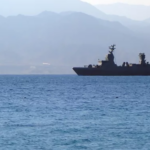
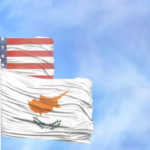
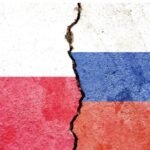

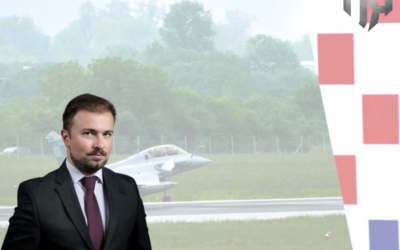



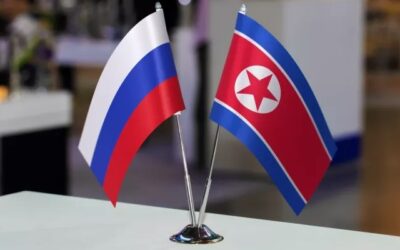
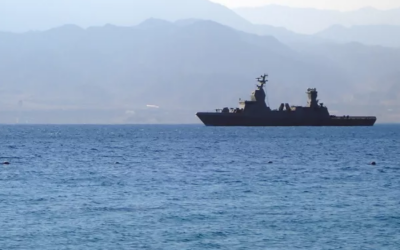
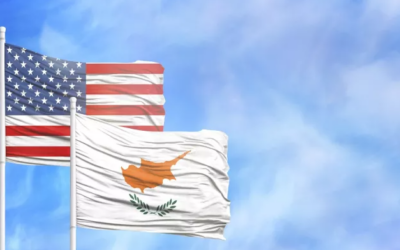
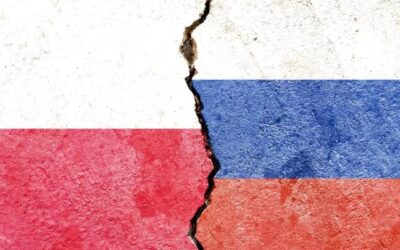
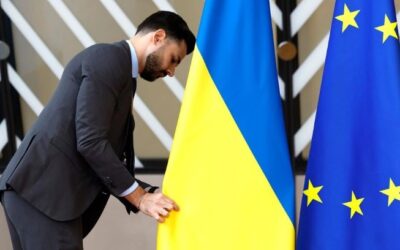
0 Comments